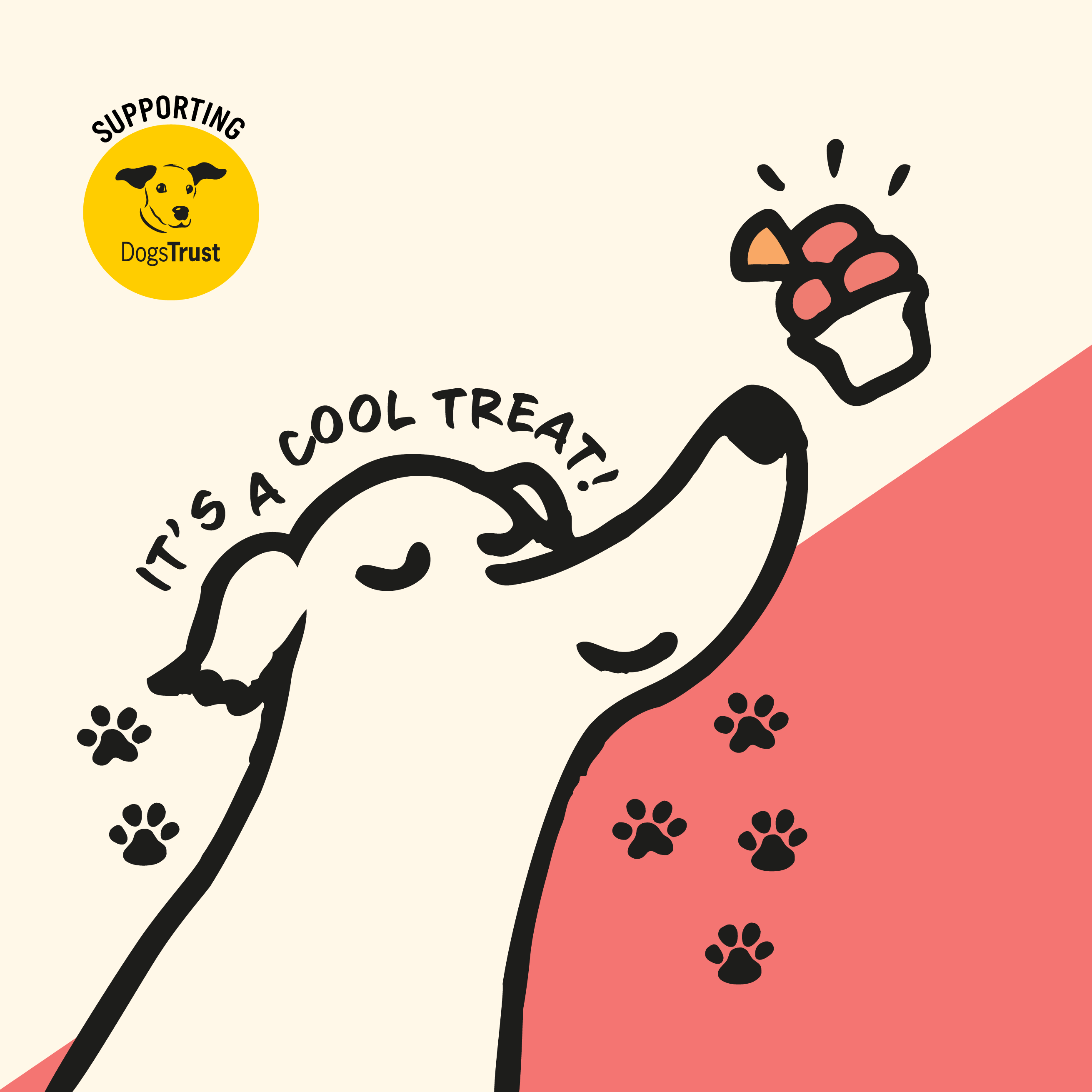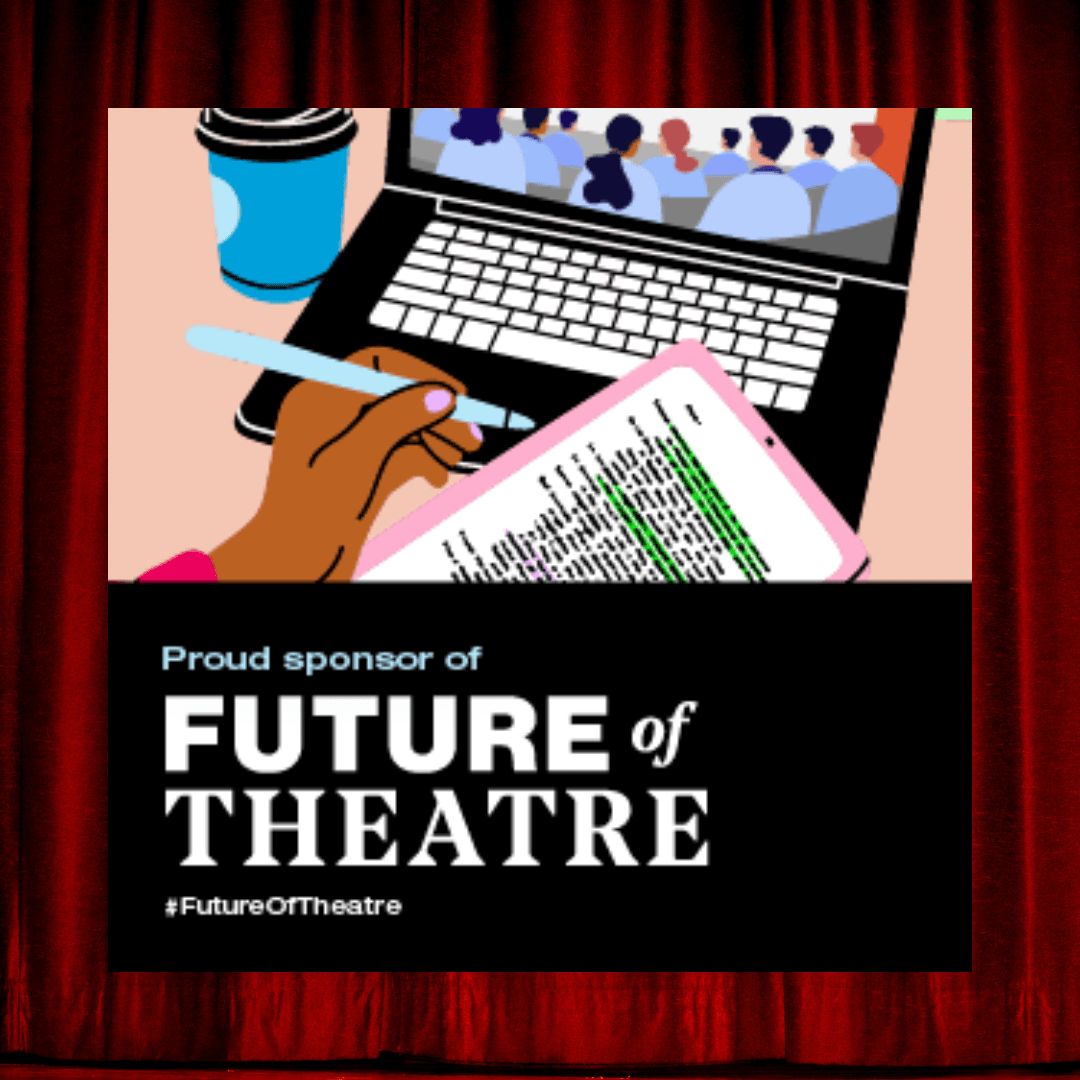Has the pandemic binned off recycling habits?
We could never have predicted the impact of Covid-19 on our lives, our health and our planet. And as a sustainable business working towards a zero carbon future and a b-corp certification, it’s our responsibility to lead the way in minimising the food industry’s impact on the planet, even more so now than ever.
Plastic makes a comeback
As supermarkets stopped charging for plastic bags and coffee shops refused to accept reusable cups in order to cut the risk of infection, single use plastics were quickly becoming common place again, even before lockdown took hold. And now, as we start to try and get back to some semblance of normality, the huge demand for non-recyclable PPE is through the roof. Scientists at UCL are predicting that if everyone used one single-use face mask (which are made from layers and layers of plastic) every day for a year, it would create an extra 66,000 tonnes of plastic waste. Add that to the amount of antibacterial wipes and bottles of hand sanitiser being purchased and it’s not looking good for plastic pollution.
The bigger picture
At the height of the pandemic, many recyclable items from household recycle bins were going straight to landfill or being burned, according to an investigation by one newspaper, as council staff became infected with Covid and families allegedly became less stringent with the separation of their waste, making the recyclables too contaminated to re-use. And even more worryingly, recycling is big business. As plastic is made from oil, when oil prices go down (which they have significantly during the pandemic) it costs more to process and resell recycled plastic than it does to make new. And whilst individuals are doing what they can to recycle, the solution to this massive issue isn’t going to be found in the home. Industry and governments need lead the charge. However, legislation to ban single use plastic straws and similar items, due to be implemented in April, has been delayed until October, whilst consultations around a proposed tax on plastics made from less than 30% recycled materials has also been delayed.
Make one change
But individuals continue to do their best. According to recent research,75 per cent of Brits plan to make at least one lifestyle change to reduce their impact on the environment in the coming year. At the beginning of 2020, Northern Bloc became the first ice cream brand to introduce fully recyclable packaging on all of its tubs. Unlike other ice cream tubs, which have a plastic coating to protect the cardboard which cannot be separated during the recycling process, Northern Bloc’s tubs are recyclable within home collections. Made from FSC certified paper, the tubs replace the plastic with a plant-based coating, which is water tight, fully recyclable, compostable and biodegradable at room temperature. We’re proud to be leading the way with this innovation and helping consumers do their bit, but it shouldn’t all be down to them. The pandemic has exacerbated an already huge problem with recycling, which needs support from government and industry alike. It’s time to take responsibility and stop painting fingers at those with the least tools at their disposal to make a change.


